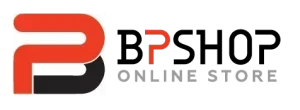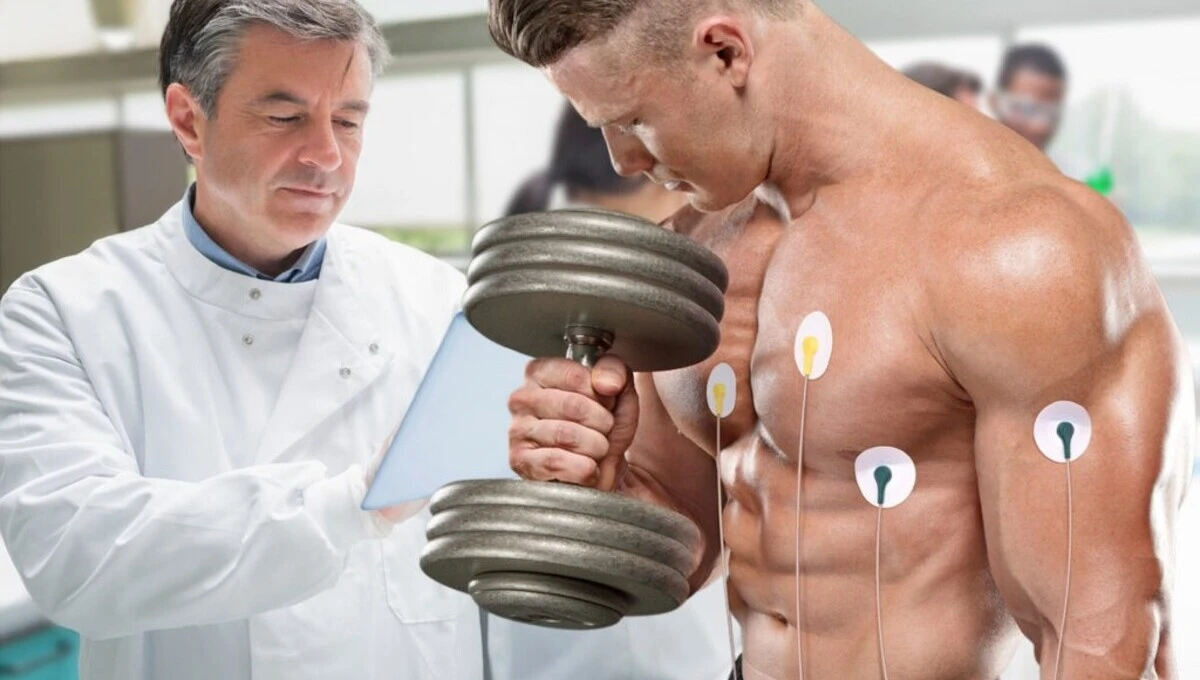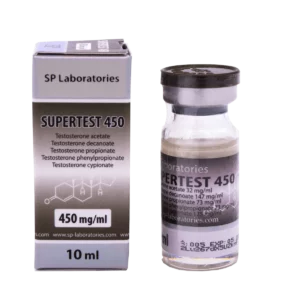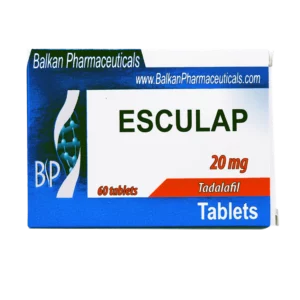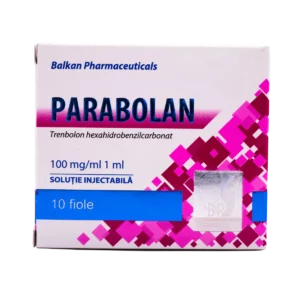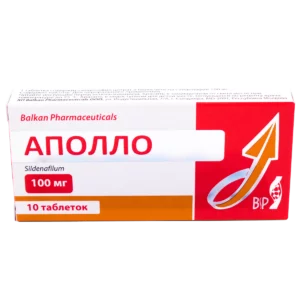Everyone knows that taking anabolic steroids carries health risks. However, there are a number of remedies in the athlete’s arsenal to prevent and manage most complications. Many problems cannot be detected without additional examinations, and once they begin to manifest themselves the treatment will be less effective. That is why medical blood tests are required before and after the course, as well as examinations of internal organs for hidden pathological changes.
Where can I get blood work and other tests done?
- You can go to your general practitioner and ask him to prescribe a series of tests, which will be described below, referring to your health problems. The therapist can either prescribe an examination himself or refer you to another specialist (endocrinologist), who will take care of you later on.
- To avoid unnecessary questions, you can go to a private clinic or laboratory (now they are almost in every city, you can choose which indicators of blood or urine you are interested). The only drawback is that you will have to pay for all the necessary tests and diagnostics.
What blood and urine tests are required?
Let’s list all the necessary diagnostic measures in sequential order, determine the expediency, as well as indicate the degree of necessity for them red color indicates mandatory tests, yellow – of medium importance, green – of little use. You can confine yourself to the red lists.
Before starting a course of steroids
At this stage, the diagnosis is necessary primarily to identify contraindications to steroid use. You can read about contraindications in the article Side effects of steroids. If no information is given for elevated and depressed levels, then it does not matter when using AC. If you have not been tested in the last 2-3 years and are starting to take anabolic steroids for the first time, you should do:
Hormone tests
- Total and free testosterone – establish baseline for comparison
- FSH (follicle stimulating hormone) – establish baseline for comparison
- LH (luteinizing hormone, natural analog of gonadotropin) – establish baseline for comparison
- Estrogen – establish baseline for comparison
- Prolactin – establish baseline for comparison; if elevated, progestin medications are not recommended
- Progesterone – establish baseline for comparison.
- Cortisol – establish baseline for comparison.
- Thyroxine – establish baseline for comparison
General blood analysis
- Erythrocytes – detection of blood abnormalities
- Leukocytes – immune disorders
Biochemical blood test
- Glucose – during the course its level may decrease or increase even more, depending on the drugs used.
- Cholesterol (HDL, triglycerides) – if elevated, risk of atherosclerosis increases. Important over the age of 35.
- Liver enzymes – if elevated, rule out liver disease.
- Protein (total, globulins, albumin) – if low, it could be kidney or liver disease.
- Bilirubin – if elevated, rule out liver disease.
- Potassium, sodium, magnesium – if low, seizures may occur during the course, in which case additional intake is necessary.
Urinalysis
- Urea if elevated, rule out kidney disease
- Creatinine if elevated, rule out kidney disease
Instrumental methods
- Blood pressure measurement should also be performed during the course
- ECG – to detect cardiac abnormalities
- ECHO-CG – to detect cardiac pathology
- Liver ultrasound – to detect liver pathology, especially if bilirubin and enzymes are elevated
Two to three weeks after the course
Hormone tests
- Total and free testosterone – almost always low
- LH (luteinizing hormone, the natural equivalent of gonadotropin) – almost always low.
- Estrogens – if elevated, anti-estrogens must be used
- Prolactin – needed if progestin steroids (nandrolone) were taken.
- Cortisol – if elevated, cortisol blockers are needed
Biochemical blood test
- Glucose – should be normal, if elevated, may need further diagnosis of iatrogenic diabetes
- Cholesterol (LDL, triglycerides) – if elevated, a course of treatment to reduce levels is required
- Liver enzymes – if elevated, use of hepatoprotectors is required
- Bilirubin – if elevated, use of hepatoprotectors
- Potassium, sodium, magnesium – necessary if cramps occur
Instrumental method
- ECG – to detect cardiac pathology
Two to three months after the course
Hormone tests
- Total and free testosterone – if low, stimulation of secretion with boosters and gonadotropin is necessary
- LH (luteinizing hormone, the natural equivalent of gonadotropin) – only necessary if testosterone is decreased to determine why it is decreased
- Estrogens – if elevated, anti-estrogens should be used
- Cortisol – if elevated, cortisol blockers are needed
- Repeat other tests that were not in the normal range
Recommendations before testing
- The tests should be taken on an empty stomach. There is no problem with skipping breakfast. Food distorts the test results. Testosterone levels may decrease after taking glucose.
- Eliminate sexual activity 24 hours before testing. This can affect both prolactin and LH, FSH, and Testosterone levels.
- Eliminate physical activity for at least 48 hours before testing. Studies show that exercise (including cardio sessions) strongly affects your androgen and thyroid levels.
- Testing is recommended during the morning hours and after a good night’s sleep. Stress can distort the test results
